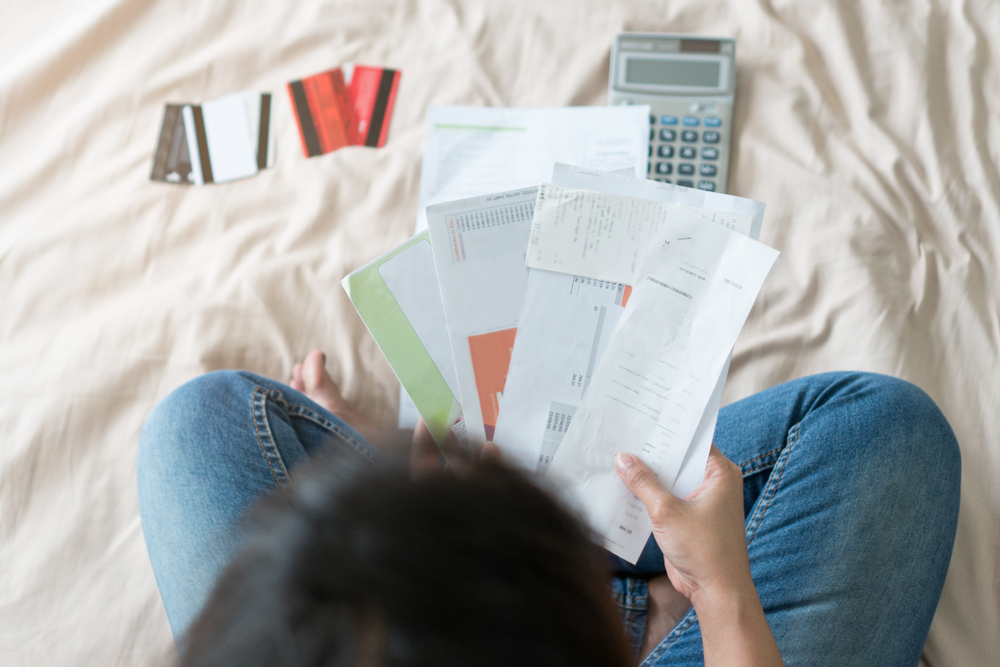As cash-strapped self-employed people acknowledge with a groan, 31st July is the deadline for HMRC’s second payment on account. Designed to spread the payments in the self-assessment tax process, the summer deadline can, unfortunately, result in financial worries and cash flow issues for some.
Back to basics: payment on account
The twice-yearly payment on account system is calculated by looking at your previous year’s tax bill and is a way of paying off some of your tax bill in advance. The first instalment is due on 31 January (the same day as your ‘balancing payment’, clearing your previous year’s tax bill), and the second instalment is due on 31 July. The two instalments should normally be 50% of your previous tax bill.
Payment on Account doesn’t apply if your tax bill for the previous year was less than £1,000 after PAYE or other deductions at source and also if 80% or more of your tax was deducted at source in the previous year.
Reducing your Payment on Account
With self-employed income fluctuating from year to year, it is possible to reduce your payment on account if your income for the next tax year will be lower than the previous. You need a reasonable estimate of the amount you owe and if you over-reduce, you could face interest charges, so seek professional advice – work with your accountant to be certain of your figures.
Tax bill causing cash flow problems?
Unpaid or overdue tax bills are commonly the result of a temporary shortfall in cash flow. However, the worst thing you can do with a tax problem is to ignore it; the unpaid bill will grow and become more expensive if you don’t deal with it. If you know that paying your second payment on account will send you into a spiral of cash flow issues, there are things you can do.
Cash flow problems occur when your debts due outweigh your income. This might be due to unpaid invoices, unsold products/services or ineffective business management. Cash flow can be improved by:
- Increasing income
- Improving profit margins
- Negotiating debt repayments to creditors
- Cash flow forecasting/control
Despite your best efforts, if you’re not able to increase your income and you can’t afford to pay your debts, it is worth formulating a payment plan with your accountant to propose to your creditors and HMRC. You can also investigate borrowing options, tightening working capital control and delaying non-essential expenditure. You may need to consider taking insolvency advice if you are unable to pay debts as they fall due.
Making voluntary payments to HMRC via a budget payment plan can minimise your cash flow problems, or you might prefer to set up a tax savings account so that you won’t be surprised by your tax bill and you can also earn interest.
Know your debtor book
Those ‘small’ or difficult to chase debts can have a big impact on your cash flow. You may think it’s not cost-effective to chase the money owed but, whether, for restructuring, insolvency or cash-flow purposes, it’s important to recover the value of your debtor book.
All businesses encounter cash flow issues, whether resulting from a larger than expected tax bill or another reason, but there are certainly ways to mitigate the situation. Don’t suffer in silence, speak to CRM about alleviating strategies to avoid cash flow issues in the future. Give the friendly, expert team a call on 01865 379272.

